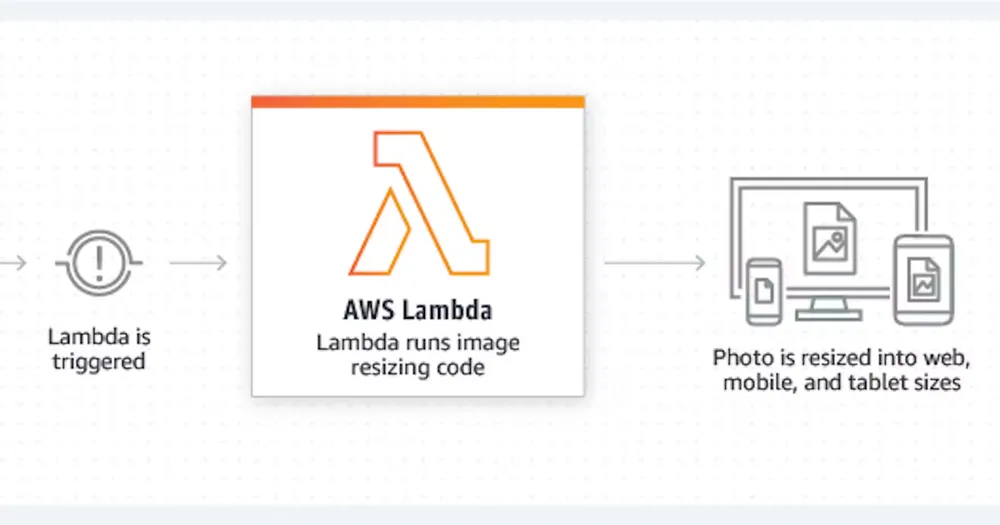As the volume of company data has increased, database management has become increasingly critical. Rapid data expansion causes a slew of undesirable outcomes, including poor application performance and compliance risk, to mention a few.
Database management entails a variety of proactive strategies for mitigating the negative consequences of data accumulation. Database Management is the process of organizing, storing, and retrieving data from a computer. It may also refer to a Database Administrator's (DBA) data storage, operations, and security procedures throughout the data's life cycle. Organizations may prevent events that impair productivity and income and increase data integration for more business intelligence by controlling data across its full lifespan.
1. Draft Relevant Business Goals:

A strong data management vision, clear targets, well-defined metrics to assess progress, and a solid business purpose are all part of a well-developed data strategy. There are a plethora of other things you can do with your data, but it's critical to start by defining your objectives. If you know what your business goals are, you can keep just the data that is useful to the organization, making database maintenance a breeze. It's critical for your DBAs to understand the plan for the data they're collecting and to concentrate entirely on the data that's important to the company's overall objectives.
Your company needs should be reflected in an executable, focused database management plan, as well as the metrics you'll use to measure your performance. Knowing your company's business objectives allows you to maintain only the data that is relevant to your company, making database maintenance and administration easier. Setting meaningful company objectives is the very first practice you should consider because it offers you a guiding light so you don't get lost.
2.Clear Policies and Procedures should be crafted:

When implementing best database management practices, you must establish rules and processes for your database settings. Creating particular backup and recovery processes and regulations allows your team to respond more quickly in the event of a disaster. Standard methods for deleting old files, conducting maintenance, and indexing files should be included in policies. These standards limit the risk of misunderstandings or errors, which is especially crucial in bigger businesses with various datasets and database managers.
Data should also be verified for correctness on a regular basis, as obsolete data might be useless to your organization. Most significantly, having explicit policies makes database maintenance and day-to-day management much easier. Lastly but not least, rules should contain procedures for erasing data and securely destroying storage media such as hard disks and servers.
3. Ensure High Standard of Data Quality:

Data is the King you do not want to mess with. Or as they say today- Data is the new Oil. Your DBA should try to maintain a high level of data quality by eliminating data that does not match the criteria and adjusting quality standards to reflect your evolving strategy. Even if they don't work directly with the DBA or the database, everyone in your firm should understand the principles of data quality protection. Someone who is unaware of the dangers of duplicating data might add to your team's workload.
Teach everyone how to submit high-quality data and how to recognise good data. Train all team members who have access to the data on the right procedures to gather and enter data to help your team focus on data quality. You must set clear goals for improving data quality using relevant and quantifiable metrics. Make sure the stewards are included in the process when data managers develop objectives. These database management practices pay a lot in the short as-well-as long run.
4.Data Security and Backup must be a priority:

When it comes to database management in your company, data security and backup are key responsibilities. There are never enough backups when it comes to data. It's critical to have a reliable backup system in place and to keep an eye on it to make sure it's working properly. Furthermore, in the event of data loss or corruption, every organization should have a disaster recovery strategy in place. Because disasters can happen, it's critical for your company to have a data recovery policy in place.
Although no disaster can be completely predicted or avoided, you can strengthen your database's data security and manage the risks associated with worst-case situations. If or when a possible breach occurs, having a strategic process in place is critical. Security concerns evolve in tandem with technological advancements, corporate expansion, and database features. Your staff should keep current with the market and seek to anticipate the demands of your database.
Here’s your Takeaway-Use Quality Data Management Services!
Choosing appropriate services is a crucial step in establishing a high-quality data management system for your business. Keep in mind that the ultimate objective is to have a modular architecture that can connect to and structure a number of data sources and analysis methods from the start.
This is when Incentius comes into picture. You want to locate a customer data platform that will provide you with a truthful and concise view into your connections and user data, as well as the ability to communicate with your market precisely and promptly. You want your data management system to make your tasks simpler by automatically enriching and cleaning data to guarantee you have the most comprehensive and full picture of your data. We are here, consider bothering us for it.










